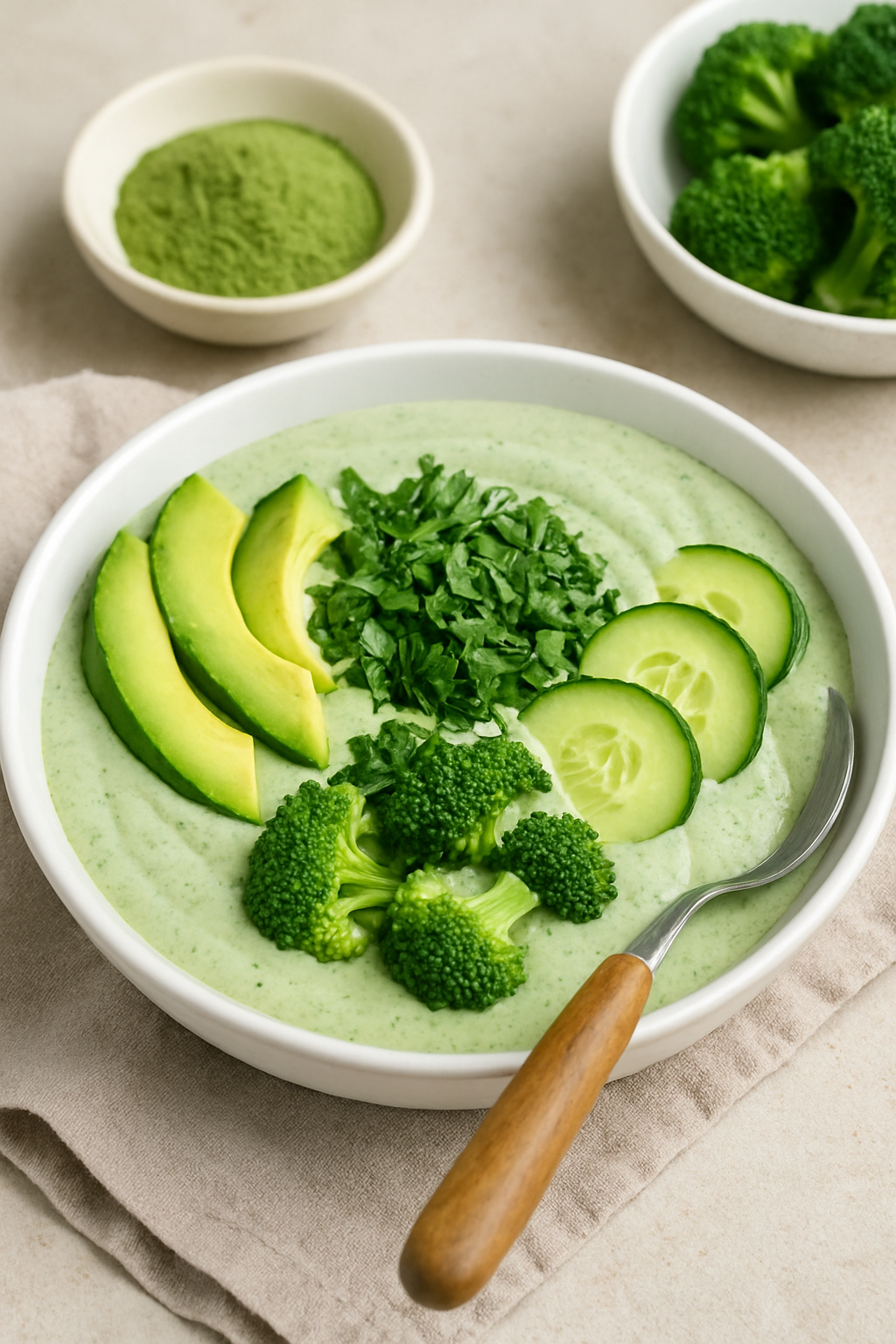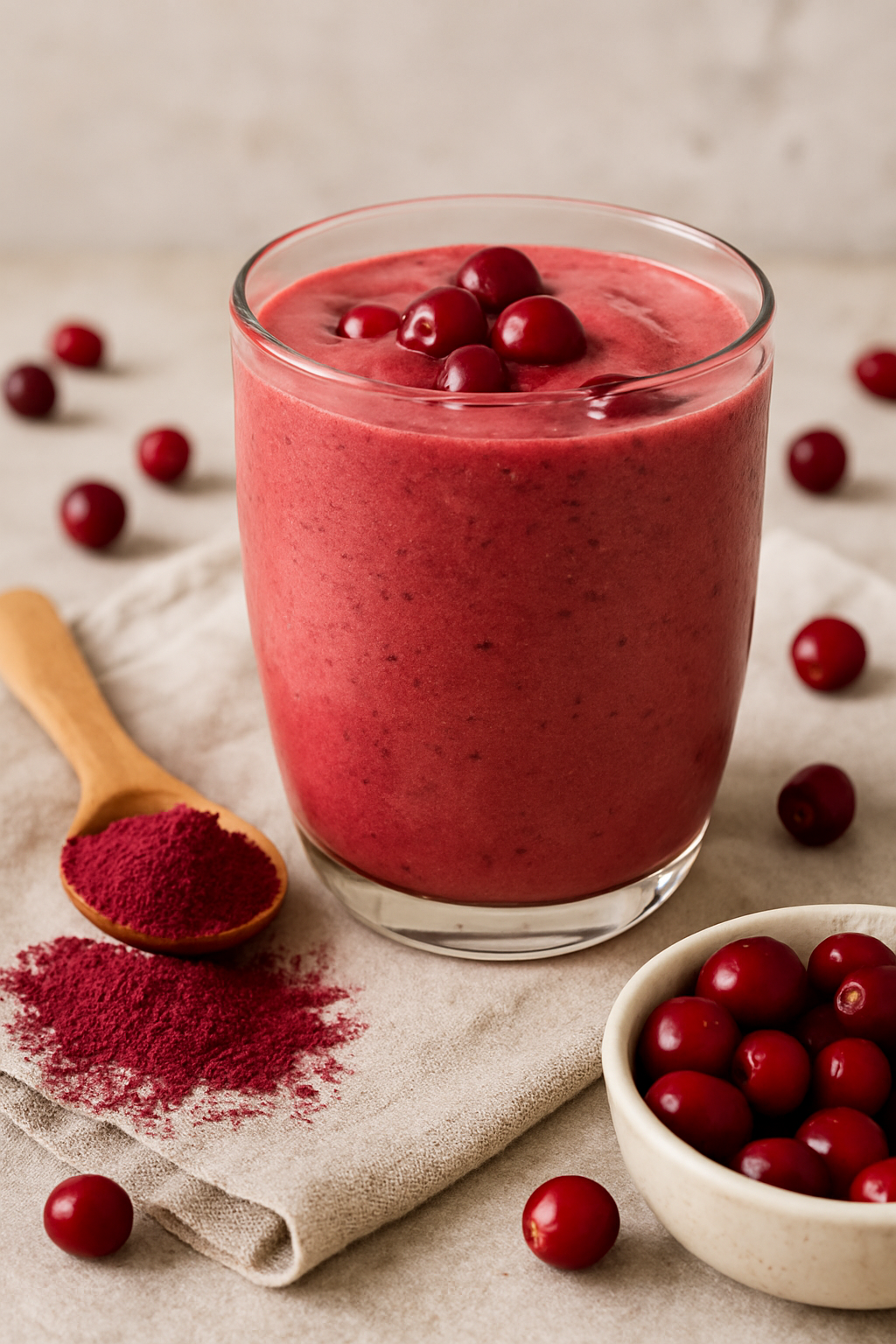Cauliflower is one of those vegetables that never seems to go out of style. Whether it’s transformed into rice, blended into smoothies, or roasted as a hearty side dish, this humble cruciferous vegetable has found its place in almost every healthy kitchen. But beyond its versatility, many people are now asking: Is cauliflower good for diabetes?
As one of the most important aspects of managing diabetes is maintaining balanced blood sugar levels, choosing foods that support steady energy and nutrition is essential. Cauliflower’s low carbohydrate content, high fiber, and rich nutrient profile make it an excellent option for individuals looking to manage their blood sugar naturally.
What Is Cauliflower?
Cauliflower belongs to the cruciferous vegetable family, alongside broccoli, kale, and cabbage. It originated in the Mediterranean region but has since become a staple around the world due to its adaptability and mild flavor.
It can be enjoyed in a variety of forms: raw, steamed, roasted, blended into soups, or even as juice or extract. This flexibility allows cauliflower to fit easily into a range of meal plans, especially those tailored to blood sugar management.
Choosing organic cauliflower ensures you receive all of its natural nutrients without the residues of pesticides or chemicals often found in conventionally grown produce. As part of an organic, whole-food diet, cauliflower can be a cornerstone of long-term health and wellness.
Nutritional Profile and Organic Benefits
Cauliflower may look simple, but beneath its pale surface lies an impressive array of nutrients that support overall health. It is rich in vitamin C, which strengthens the immune system, and vitamin K, which supports proper blood clotting and bone health. The vegetable also contains folate, fiber, and antioxidants, all of which are essential for maintaining a healthy metabolism and reducing oxidative stress.
Because it’s an organic and naturally low-calorie food, cauliflower provides significant benefits without contributing to excess sugar or starch intake. It’s also packed with phytochemicals, plant-based compounds known to fight inflammation and protect against chronic disease.
These nutrients combine to make cauliflower a powerhouse for nutrition, helping stabilize blood sugar, improve digestion, and support overall wellness.
Nutritional Properties of Cauliflower
|
Characteristic |
Properties |
|
Low Glycemic Index |
Cauliflower has a minimal impact on blood sugar, making it suitable for diabetic-friendly diets. |
|
Rich in Fiber |
Supports digestion, slows glucose absorption, and helps maintain steady energy levels. |
|
High in Antioxidants |
Contains compounds that protect cells from oxidative stress linked to diabetes complications. |
|
Supports Detoxification |
Cruciferous vegetables like cauliflower promote liver enzyme activity that assists in natural detox. |
|
Vitamin and Mineral Source |
Provides vitamins C and K, folate, potassium, and magnesium to enhance immune and metabolic function. |
|
Organic Benefits |
Choosing organic ensures the highest nutrient retention and avoids harmful chemical exposure. |
How Does Cauliflower Benefit People with Diabetes?
Cauliflower stands out as one of the best vegetables for diabetes management. Its low carbohydrate and low glycemic index (GI) properties mean it has a very mild effect on blood glucose levels. This makes it a perfect alternative to higher-carb foods like potatoes or grains.
1. Helps Regulate Blood Sugar Levels
Cauliflower is made up of mostly water and fiber, both of which help slow digestion and moderate how quickly sugar enters the bloodstream. The fiber also supports the growth of healthy gut bacteria, which can improve metabolism and insulin sensitivity over time.
2. Reduces Inflammation and Oxidative Stress
People with diabetes often experience chronic inflammation, which contributes to complications over time. Cauliflower’s antioxidants, including vitamin C, beta-carotene, and various phytochemicals, help neutralize free radicals, reducing this oxidative stress. These effects protect cells, including those in the pancreas and blood vessels, that play a role in insulin regulation.
3. Supports Heart and Metabolic Health
The natural compounds in cauliflower can promote better circulation and lower LDL cholesterol levels. These effects, combined with stable blood sugar regulation, contribute to long-term metabolic health, which is a major goal for anyone managing diabetes.
Cauliflower as a Natural Supplement and Juice
For individuals seeking convenient or concentrated forms of cauliflower nutrition, there are now several creative options.
Cauliflower Juice or Smoothies: Blending cauliflower into juice or smoothies provides a refreshing way to incorporate its organic benefits. Combined with other low-sugar vegetables like spinach or cucumber, it can create a nutrient-dense, hydrating drink that supports balanced blood sugar and digestion.
Cauliflower Extracts: Cauliflower extracts, available as natural supplements, offer a more concentrated source of antioxidants and phytochemicals. These extracts can be especially useful for those who have limited time for meal preparation but still want to experience the vegetable’s benefits.
No matter the form, choosing organic options ensures maximum nutrition and purity by avoiding synthetic additives and maximizing the body’s ability to absorb key compounds.
Practical Tips for Including Cauliflower in a Diabetic-Friendly Diet
Incorporating cauliflower into your daily diet is easy and enjoyable. Here are a few ideas to get started:
● Cauliflower Rice: Finely chop or pulse cauliflower florets in a food processor to create a rice-like texture. Lightly sauté with olive oil and herbs for a low-carb side dish that pairs well with protein.
● Steamed or Roasted Cauliflower: Cooking cauliflower helps soften its texture and enhances flavor. Steaming preserves the most nutrients, while roasting adds a satisfying crispness.
● Cauliflower Juice: Blend cauliflower with celery, spinach, lemon, and a touch of ginger for a fresh, low-sugar drink rich in antioxidants.
● Cauliflower Smoothies: Combine steamed cauliflower with avocado, unsweetened almond milk, and a small piece of banana for a creamy, nutrient-packed smoothie.
● Soups and Purees: Cauliflower adds body and natural creaminess to soups without extra starch. Pair with garlic and herbs for warmth and flavor.
For individuals managing diabetes, the key is balance and moderation. While cauliflower is highly beneficial, pairing it with lean proteins, healthy fats, and other natural supplements such as leafy greens or seeds ensures well-rounded nutrition. Always consult your healthcare provider before making major dietary adjustments, especially if you’re managing medications or specific blood sugar targets.
Conclusion
So, is cauliflower good for diabetes? Absolutely. With its low glycemic index, high fiber, and rich nutritional content, cauliflower provides a wealth of benefits for blood sugar control and overall health. Its antioxidants and phytochemicals add an extra layer of support by reducing inflammation and oxidative stress, two common challenges in diabetes management.
Whether you enjoy it as juice, steamed florets, or as an organic supplement, cauliflower serves as a powerful addition to a balanced, health-conscious diet. It’s versatile, easy to prepare, and naturally supportive of metabolic function.
For those looking to simplify their wellness routine, Unleash’d Organic’s organic cauliflower powder offers a convenient, nutrient-dense way to experience the full benefit of this incredible vegetable, helping you take one more natural step toward lasting health and vitality.




Leave a comment
This site is protected by hCaptcha and the hCaptcha Privacy Policy and Terms of Service apply.